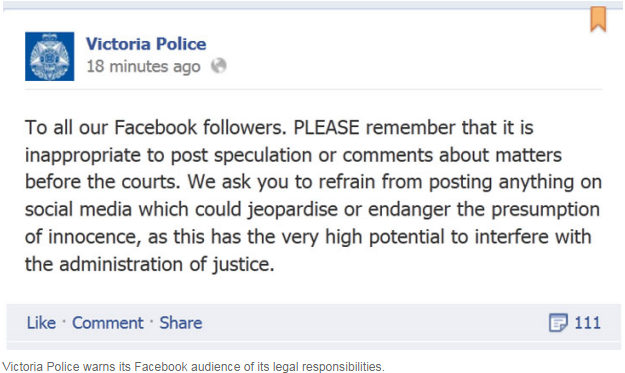Network literacy, as I have understood through this course, is about give and take, and understanding form and content. While it is about giving as much as we take, and referencing from where we take, it is far deeper than just this. Referencing fosters credibility, which fosters trust. Herein lies the difference between professionally trained journalists and citizen journalists. Credibility comes from building a story on reliable sources, by researching and referencing them. Trust is what drives consumers of news and current affairs to consume. Without this ‘trust’, journalists would be no different to citizen journalists in their reportage. Professional journalism demands credibility of sources, when citizen journalism does not. Though commentators argue that professional journalists are losing their trust in the “audience they claim to serve”. Without trust, journalism certainly risks becoming an obsolete profession.
Gil de Zúñiga and Hinsley argue that studies in the US and Israel show a mistrust of journalists in general. It is argued “news consumers have reported declining impressions of credibility for news organizations”. Perhaps the citizen journalists are perceived to have no agenda when reporting an event, and thus are somewhat, if not equally as trustworthy as a journalistic report. This point is supported by Gil de Zúñiga and Hinsley (2013); “For some people, the level of trust in citizen journalism and professional journalism is nearly the same.”
One of the main tenets of the journalism profession — being objective — ranked dead last in public perception, which echoes previous studies that found public disdain for perceptions of bias in the press. The public does not think journalists are doing a very good job at their jobs, despite journalists’ high regard for their own work. This disparity highlights the print media’s lack of understanding public perception and the industry’s apparent inability to respond in ways that would bolster news consumers’ faith in the quality of journalists’ work.
(Gil de Zúñiga & Hinsley, 2013)
The authors are perhaps suggesting that print media has not transitioned to online media as effectively as it must in order to maintain news consumers’ ‘faith’ in their work. In order to progress and remain to be perceived by the public as relevant and trustworthy, journalism must incorporate and collaborate with citizen journalism practices, while still adhering to the Journalists’ Code of Ethics (Alliance, n.d.). Though citizen journalism must be regarded for what it is, unconfirmed gossip, as Dr. Vincent O’Donnell advises. “Simply listing uncorroborated statements about events which may or may have happened is not fulfilling the role of a modern media site.” It is implied that gossip does not demand reputable sources, nor to be confirmed or denied, while a ‘modern media site’ will gather the appropriate sources and information, conduct research, and remain transparent on an issue by disclosing sources (Hill, 2014). The article goes on to identify ‘trial by media’ as a great issue exacerbated by the online media, such as Facebook, such as in the case of Jill Meagher. “In worst case scenarios, posts or pages can be defamatory or might jeopardise court cases…” (Hill, 2014).


During the case, Meagher’s family and police appealed to the public to act responsibly on social media, so as not to interfere with the matter. In this article, Lowe (2012) highlights that users are accountable for comments made on social media, particularly before the matter has come before the courts; “A Facebook hate group against the accused in the Meagher case has already attracted almost 18,000 ‘likes'”. “With that anger comes responsibility to social media users, who become content publishers when they post. That may require a knowledge of media law.” This case outlines the implications citizen journalists may encounter, if not fully network literate.
So how can professional journalism maintain the trust of the public? Neither professional nor citizen journalism is infallible. “Good journalism” comes from being responsible and accountable for the content produced, and by facilitating and protecting the “public sphere”, facilitating diversity and equality of opinion, and demonstrating transparency of authority (Vine, J. Lecture 1, 2014).
